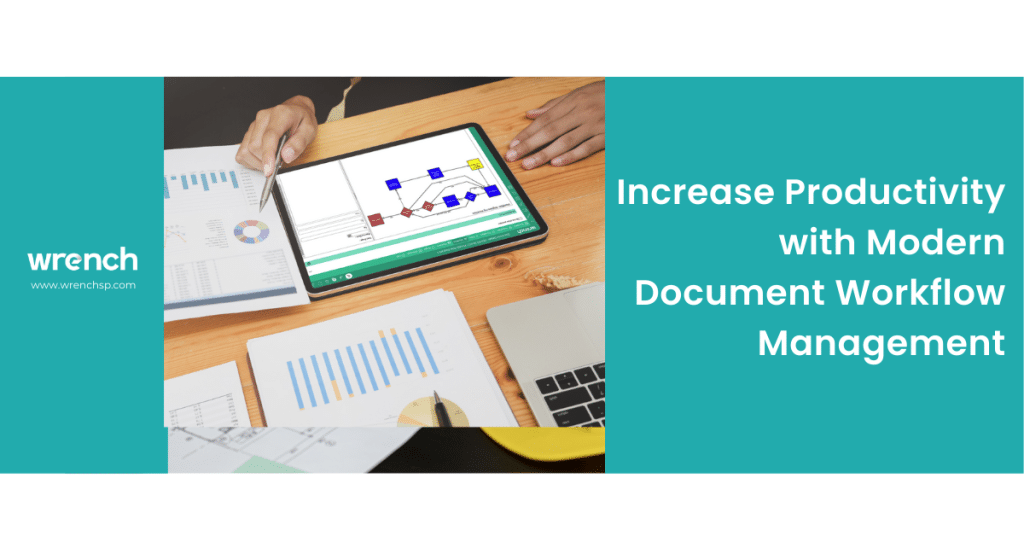When you think of today’s EPC projects you think of a dwindling manpower pool that is more diverse and more geographically scattered, you think of huge amounts of data and information, and maybe you also think of a rising tide of digitization sweeping across the industry at every level.
The fact is, work-from-home and hybrid work models are now the norm and in this new landscape, document workflow management software becomes a necessity, not a luxury. But why? Why not just document management?
Let’s break it down. Working from home is not a new concept. Advances in technology over the last decade have made ‘telecommuting’ and remote working possible but most companies in the EPC sector were not geared, operationally or culturally, to deal with the huge volume of documents and workflows that would be required to complete even the simplest daily tasks in a team that was working remotely. Some did try video conferencing but it was both expensive and inefficient, relying on email or ftp to transfer the data (CAD, pdfs, etc) which was not optimal in a document-heavy industry like EPC. So the concept of remote working remained untapped despite the wave of digitization in almost every other industry, because the first methods of data transfer were too slow and too unreliable, and the technology required was too inefficient.
Fortunately, today’s document workflow management software systems are different; they are so advanced that they can easily support remote working with very high efficacy, making remote working not just possible but preferable. In fact, some document workflow management solutions are self-managing to a large extent, making them extremely easy to run with no extra staff.
Modern EDMS can also help at another level, namely, employee productivity.
This is because remote working created some new challenges which were not anticipated or expected. For example, it is a well-known fact that most people learn ‘visually’ ie they have to see information to be able to understand and retain it. In other words, having an EDMS that is also able to show information graphically helps a lot for employees who are ‘visual’. Similarly, employees can process documents and drawings much more efficiently if they can view all of them on screen without having to switch between different applications, say, from AutoCAD to MS Excel or a pdf reader, and so on.
In other words, today’s EDMS is vastly different from the earlier generations of document management systems because the way people work is also vastly different, especially after the pandemic.
Here’s what happened; EDMS technology advanced rapidly after remote working started in EPC projects, with many solutions focussing on workflow management and some focusing only on the safekeeping and transmittal of documents (possibly with a view to keeping the solutions affordable) but the fact is, today’s EPC cannot afford to choose one over the other – they need a system that manages both documents and workflows in parallel, in order to be competitive in today’s world.
Then there is the matter of productivity.
Although on paper working from home sounds like a welcome change, the reality is that as time goes by many teams report they actually feel less productive in remote working situations. This could be for psychological reasons (like the loss of camaraderie and a sense of isolation), as well as practical ones (like the difficulty of verifying something or asking a question). Thus, while software certainly improves the accessibility of information it can also negatively impact employee morale and productivity. So much so, that software developers are now adding functions within the EDMS that allow employees to remain productive while at home and to ensure that managers are able to enforce accountability across the entire team, but without animosity or conflict.
So, if you’re a manager looking to ensure both effective information access and effective collaboration, you need to find the right EDMS, preferably one which has automated document workflow management built right in.
Such a system would take the burden of drudgery off your employees’ shoulders and free them up to focus on more rewarding tasks while enhancing employee communication and giving them a secure centralized document and data repository.
Then there is the matter of recruitment.
Having an EDMS with effective document workflow management built-in means that you can recruit from low-cost locations because the work is trackable online and the workflows are foolproof. For this reason, many companies have made the switch to virtual teams, realizing that they can be a business advantage in an industry constantly battling manpower shortages. It must be noted, however, that while there are many EDMS tools and solutions available, not all are created equal; some of the features and benefits mentioned above are available only in the most advanced document workflow management software.
To sum up, having the right EDMS can help boost employee productivity through effective document workflow management while enabling new recruitment and employee relationship management strategies.
